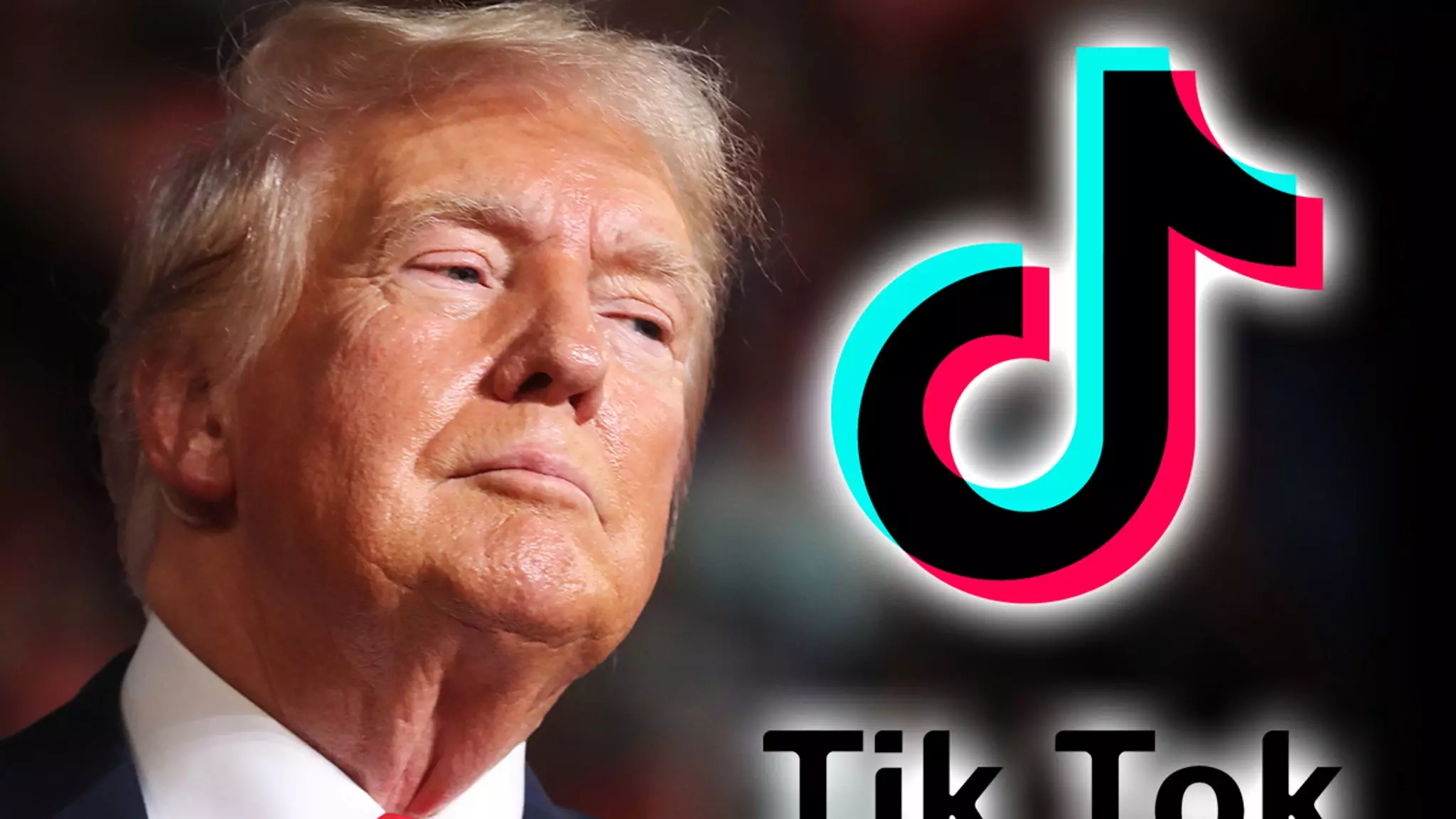In a striking move at the intersection of technology, politics, and law, former President Donald Trump has called on the Supreme Court to put a halt to an impending ban on TikTok. Set to take effect on January 19—the day before Trump’s potential re-inauguration—the law mandates that TikTok must be divested from its Chinese parent company, ByteDance, or face termination in the U.S. This legal battle not only underlines the technological tensions involving Chinese ownership but also reveals the political intricacies surrounding social media and national security.
Trump’s appeal, articulated through his lawyer John Sauer, posits that the Supreme Court should consider delaying the implementation of this law at least until Trump resumes office. In this legal document, Trump argues for the opportunity to negotiate a solution to the ongoing issues in a manner befitting his self-proclaimed persona as a deal-maker. This call for negotiation highlights his belief in the efficacy of his political mandate to not only preserve TikTok as a platform but also genuinely address the national security concerns tied to its Chinese ownership. Such a stance raises questions about the balance of power between government authority and individual freedoms, particularly in the context of technology infrastructure.
Social Media’s Role in Trump’s Landscape
Trump’s relationship with social media is complex and paradoxical. Once a prolific user of Twitter, he shifted his focus to his own platform, Truth Social. However, he has retained a significant following on TikTok, boasting nearly 15 million followers. This dual interaction with social media platforms exposes the intricacies of contemporary political campaigns where influence and outreach are often dictated by the digital sphere. Trump’s involvement further complicates the narrative as he embodies the modern politician who understands the critical role that social media plays in shaping public opinion.
In a contrasting position, the U.S. government has voiced strong support for the ban, citing legitimate national security concerns stemming from the potential influence of the Chinese government over TikTok. The administration argues that allowing a platform with such foreign ties to operate without constraints poses risks that could compromise American data and privacy. The legal briefs filed by the government underscore a significant tension: balancing the digital landscape’s freedom of expression against the backdrop of national security threats.
The Clash of Interests and Future Implications
As the Supreme Court prepares to deliberate over Trump’s request, the forthcoming decision could set a landmark precedent for how technology companies are regulated in relation to foreign ownership and security risks. Furthermore, the ruling could alter the landscape of social media and its political implications, especially for politicians. What remains to be seen is whether the Supreme Court will navigate the intricate web of interests to arrive at a resolution that weighs both political aspirations and national security imperatives effectively.
Trump’s plea to the Supreme Court is symptomatic of broader cultural and legal conflicts surrounding technology in modern political discourse. As TikTok continues to grow, so do the challenges associated with global digital interaction, safety, and governance. The outcome of this case could very well redefine the parameters under which technology and politics intersect in the future, making it a significant moment to watch.

